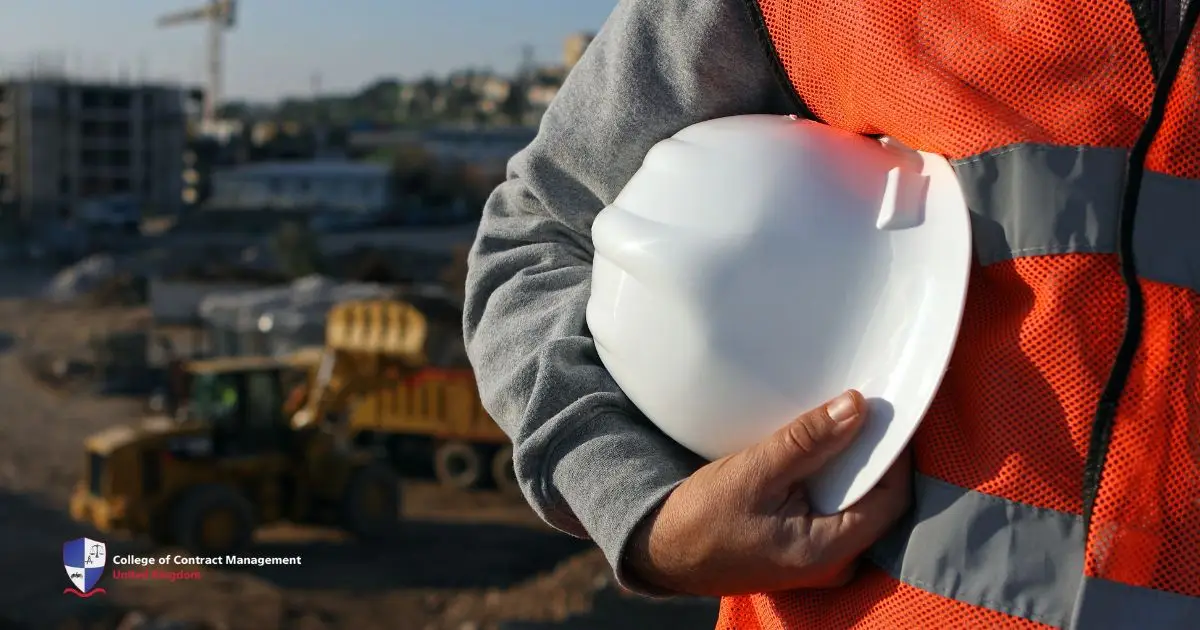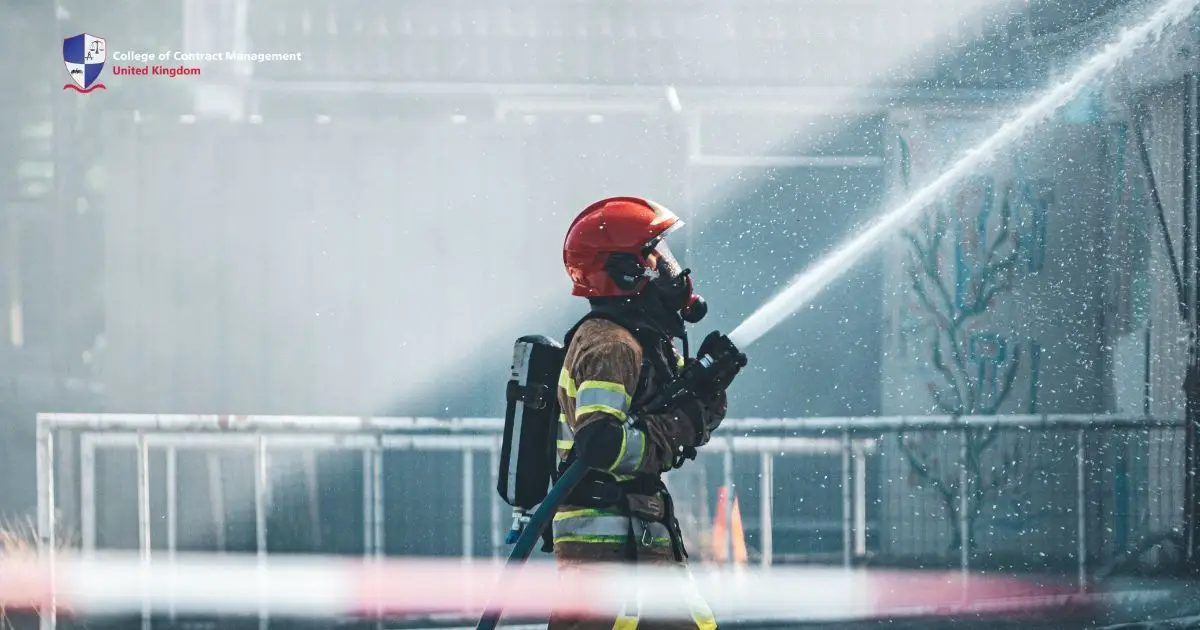What You Need to Know About the Construction Industry Training Board
Navigating the construction sector can be difficult due to its complex terminology and rules. To tackle these issues, the Construction Industry Training Board (CITB) is essential in moulding the UK construction industry. The CITB offers vital assistance with industry standards, safety training, and skill development.
This article examines the role of the CITB, and how it interacts with other industry bodies such as CSCS. Also, the numerous training and certification choices available to keep the workforce skilled and compliant.
What is CITB?
The Construction Industry Training Board (CITB) is the Sector Skills Council and Industry Training Board for the construction industry. It works with construction companies to improve skills, increase competitive edge, and respond to the many challenges employers face.
The UK's Construction Industry Training Board (CITB) promotes a skilled, safe, and professional workforce through job search and safe training.
The board offers an online qualification check tool for employees to verify training certifications and find approved providers for unfinished courses in the construction industry, aiming to promote growth and prosperity.
Is CITB the same as CSCS?
CITB and CSCS are non-governmental organisations that collaborate to establish safety standards for UK construction projects, despite their separate roles.
CITB tests safety to assess candidates' safety on site, while CSCS cards consider experience and understanding of health and safety.
The CSCS card and CITB collaborate to enhance building site safety, ensuring compliance with the core goal of safety.
What is a CITB test?
The CITB Health, Safety & Environment test, known as the CSCS test, is vital for construction worker safety training. Passing this test within the last two years is necessary for a CSCS card application.
The exam consists of 50 questions on general construction health and safety principles. Candidates answer each in 45 minutes to assess understanding of environmental, health, and safety requirements.
CITB provides three tests: Operatives, Managers & Professionals (MAP), and Specialists, each with role-specific advanced questions.
Additionally, candidates can request questions unique to the role they are applying for on specialised exams.
How Long Does a CITB Card Last?
The standard validity period of a CSCS card is five years, after which the card must be renewed. The validity periods of red cards vary based on the type of card issued.
CITB Courses to Take:
-
Site Manager Safety Training Scheme: Managers in the construction industry are the target audience for the CITB SMSTS course, which delves deeply into health and safety regulations and paperwork.
-
Site Supervisor Safety Training Scheme: This course covers health and safety, employee welfare, environmental concerns, and legal duties for supervisors in the construction industry.
-
Health and Safety Awareness Training Course: Understanding safety principles in the occupational field is crucial for employees to maintain a safe and healthy work environment.
-
SMSTS Refresher Course: The SMSTS Refresher Course enables delegates to renew their initial qualification, reviewing every topic covered in the original course. To guarantee that every delegate is completely aware of their responsibilities, any current modifications to health and safety laws are discussed.
-
CSTS Refresher Course: This course will expand the knowledge of health and safety and provide workers with an understanding of the most recent regulatory developments and their effects on the organisation.
CSCS is primarily concerned with certifying the skills and competence of individual construction workers through the issuance of cards, while CITB is more broadly focused on industry-wide training and skills development initiatives, including funding and supporting apprenticeships and training programmes.
Importance of CITB
-
Improving Workplace Safety: Workers who pass this test shows workers understand health and safety rules, reducing accidents and increasing safety.
-
Promoting Compliance with Regulations: Businesses may stay out of trouble by upholding moral standards of health, safety, and environmental regulations.
-
Improving Work Productivity: Employees concentrate more on efficiency and produce better, more economical work when they feel safe.
Benefits of having CITB
The Construction Industry Training Board's Health, Safety, and Environment module promotes environmentally friendly practises and worker safety, enhancing employee morale and productivity through interactive training sessions that educate employees on potential risks and injury prevention.
-
Sustainable Environment: Promoting ecologically friendly techniques and ensuring worker safety in the construction industry are critical goals of the CITB's Health, Safety, and Environment module.
-
Cost Efficient: By using sustainable methods, they can save resources efficiently, reducing accidents and related expenses.
-
Employee recruitment and retention: increased customer perceptions and business prospects may also result from increased consumer awareness of environmental issues.
-
Efficiency and Innovation: The measure will bring benefits like worker safety, environmental sustainability, public perception enhancement, staff retention, and operational efficiencies.
Different Types of CITB Tests:
-
Operatives Test - The test, designed for general construction site workers like labourers, bricklayers, carpenters, and painters, assesses their knowledge of health, safety, and environmental awareness. To pass, they must answer at least 45 out of 50 questions, achieving a 90% pass mark.
-
Specialists Test - This test is designed for supervisors overseeing specific areas like demolition or plumbing, requiring a 90% score, which equates to correcting at least 45 out of 50 questions, similar to the Operatives test.
-
Managers and Professionals (MAP) Test - This document is tailored for construction professionals, covering advanced safety topics like legal and management aspects, high-risk activities, demolition, and highway works.
Conclusion
The Construction Industry Training Board (CITB) plays a critical role in improving construction safety, compliance, and efficiency. CITB trains workers to meet evolving sector needs through exams and programmes. While CITB and CSCS serve unique tasks, their coordination prepares construction professionals for job demands.
The College of Contract Management complements these efforts by providing flexible and cost-effective training opportunities. The College's online platform, Moodle, is a valuable tool for students, connecting them with instructors and course materials easily.
This method boosts career progression with CSCS certifications and keeps professionals updated on industry standards. Individuals and businesses may boost safety, efficiency, and construction success by combining CITB services with the College's educational offerings.





